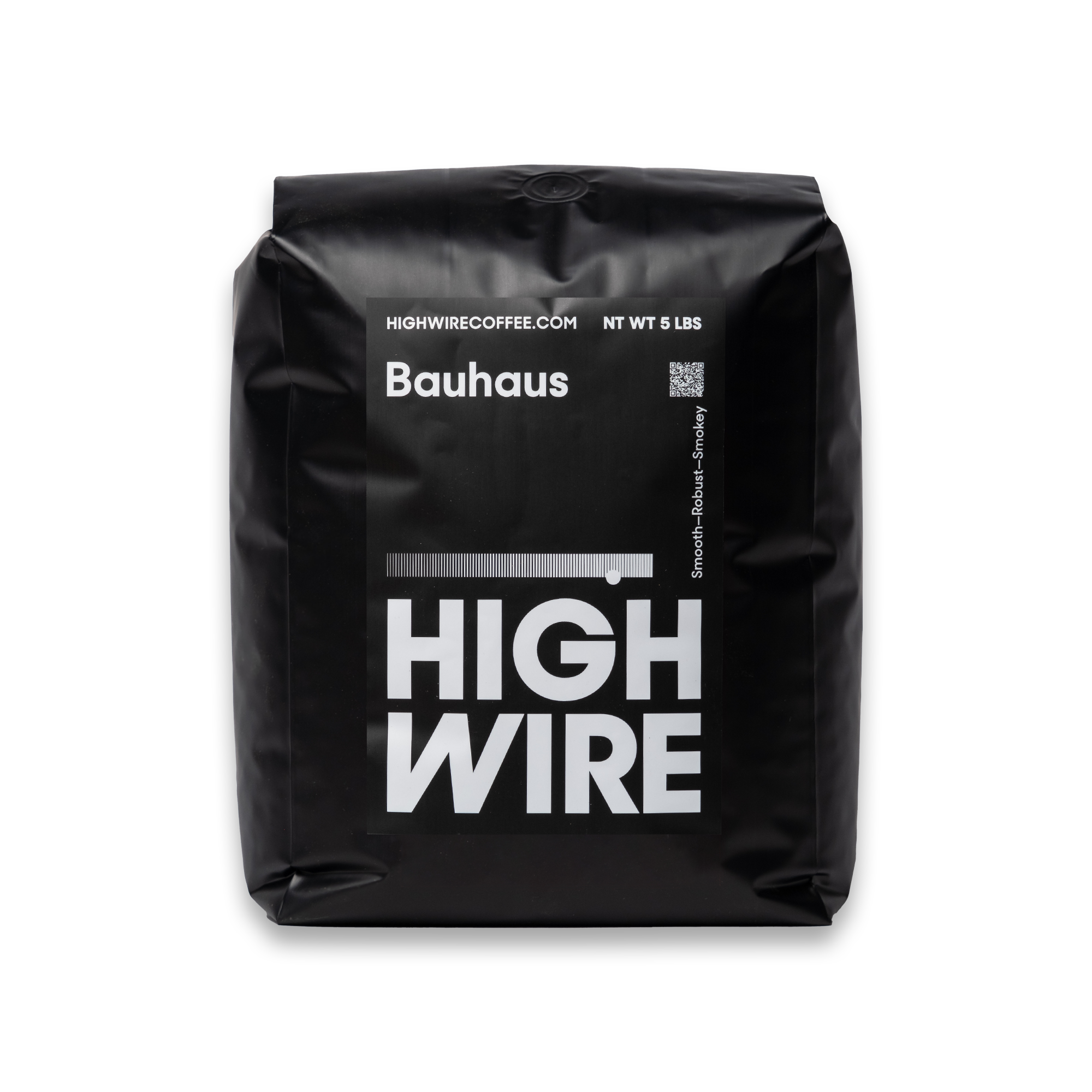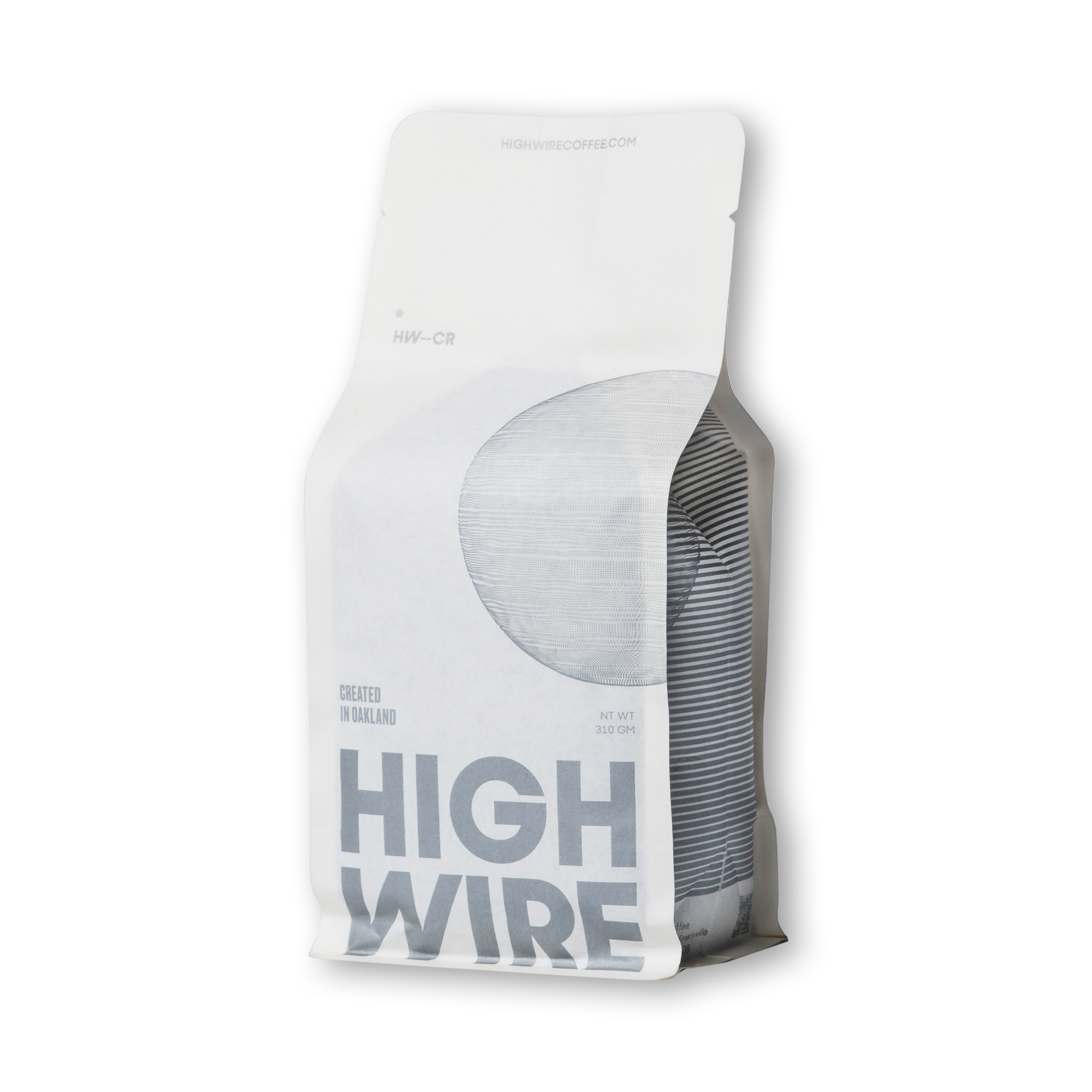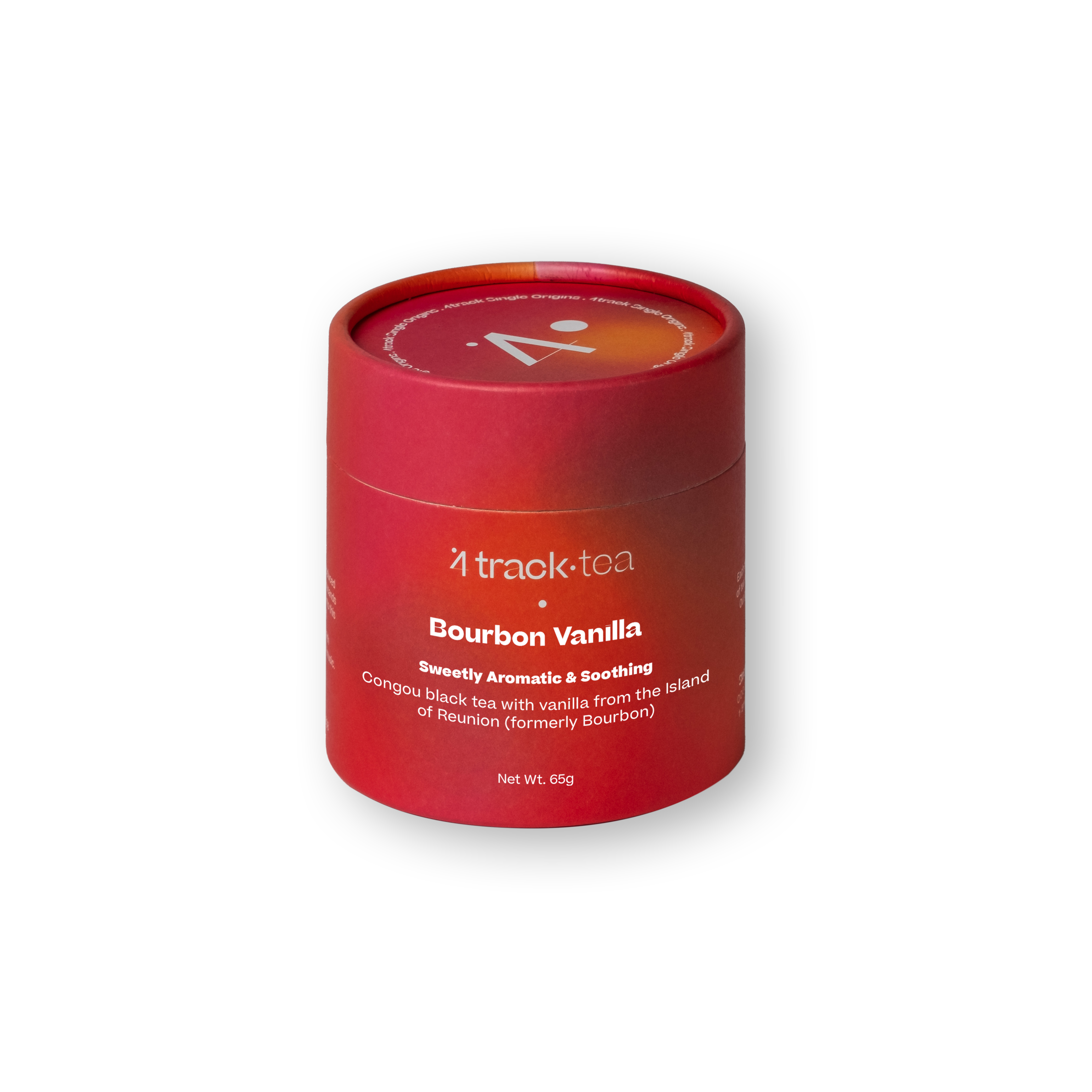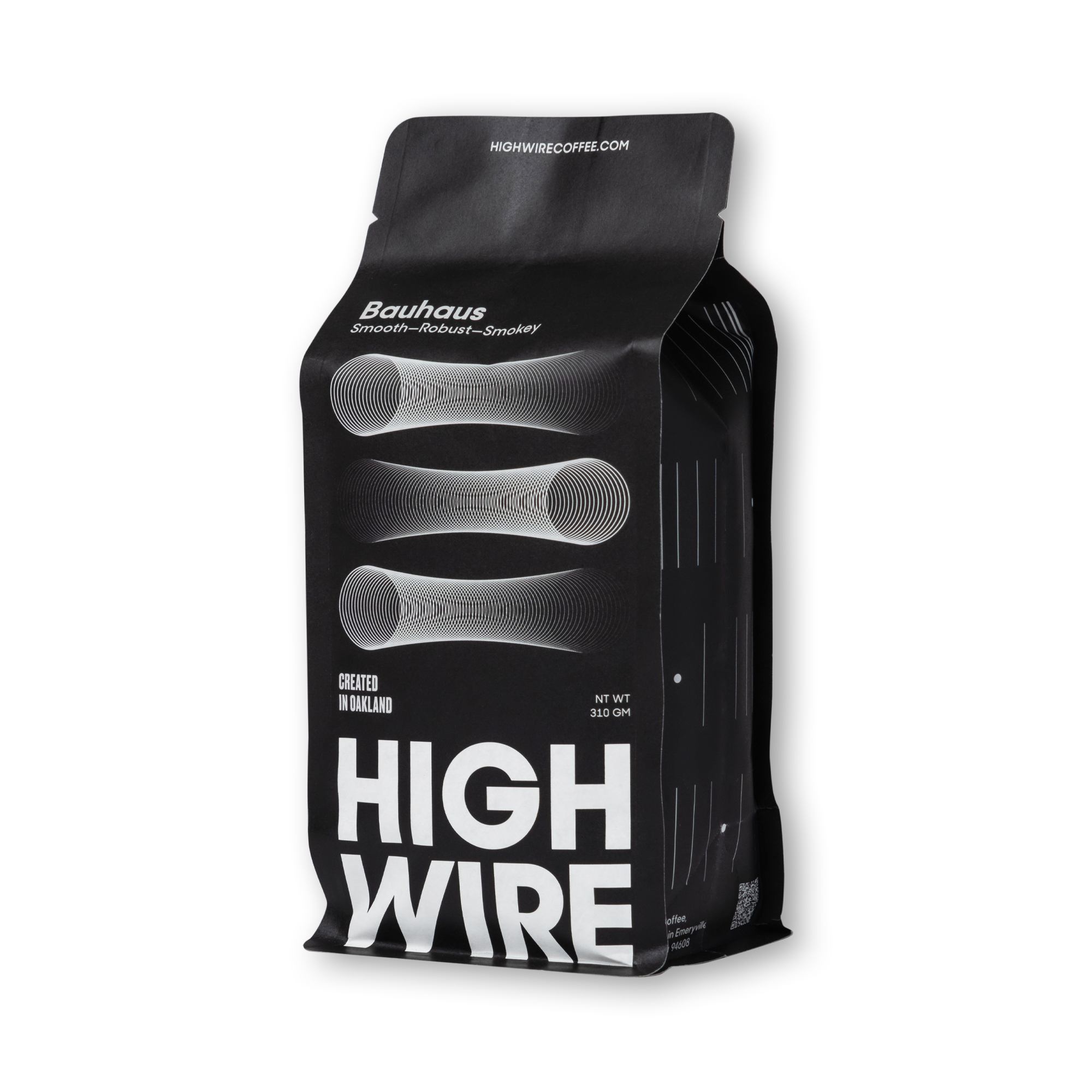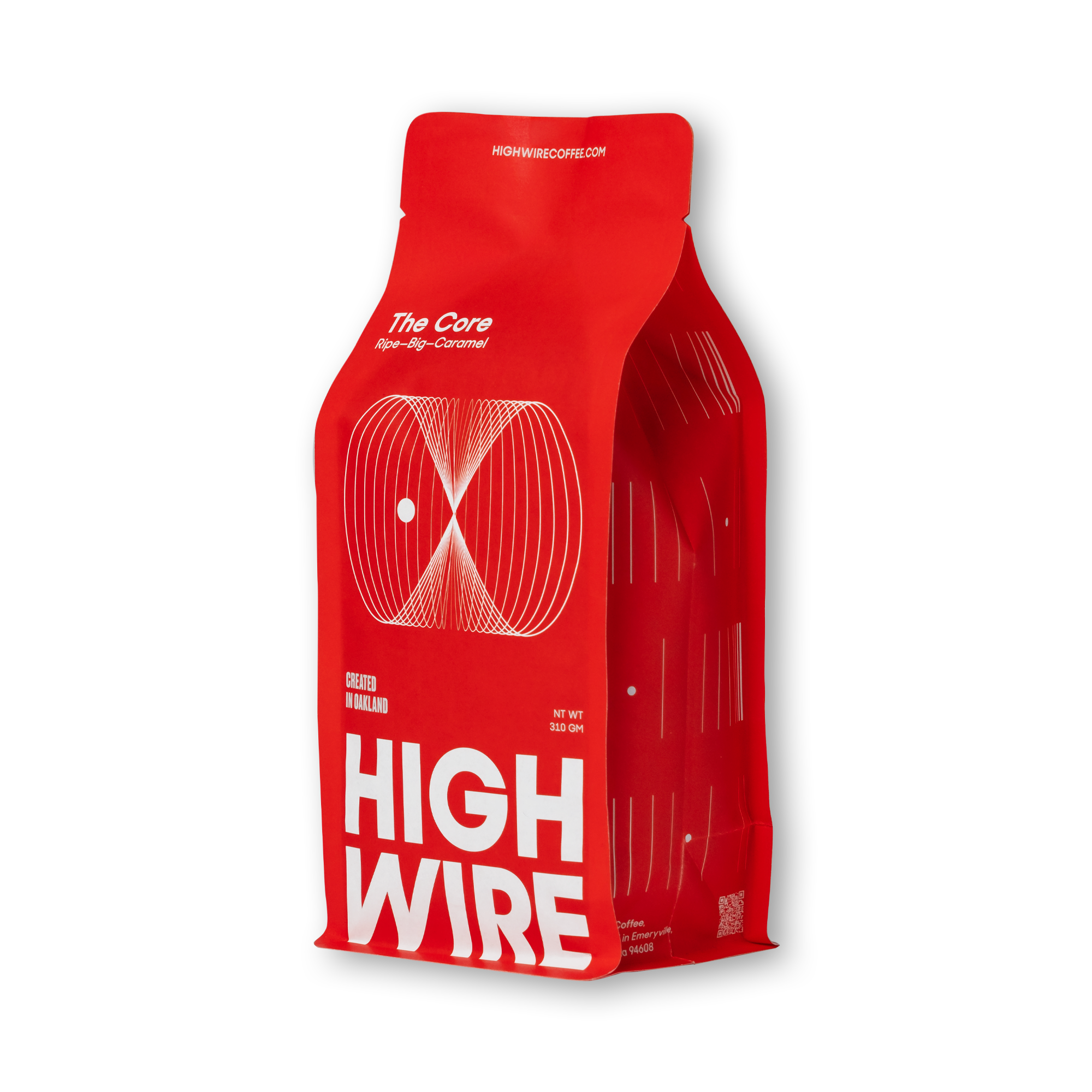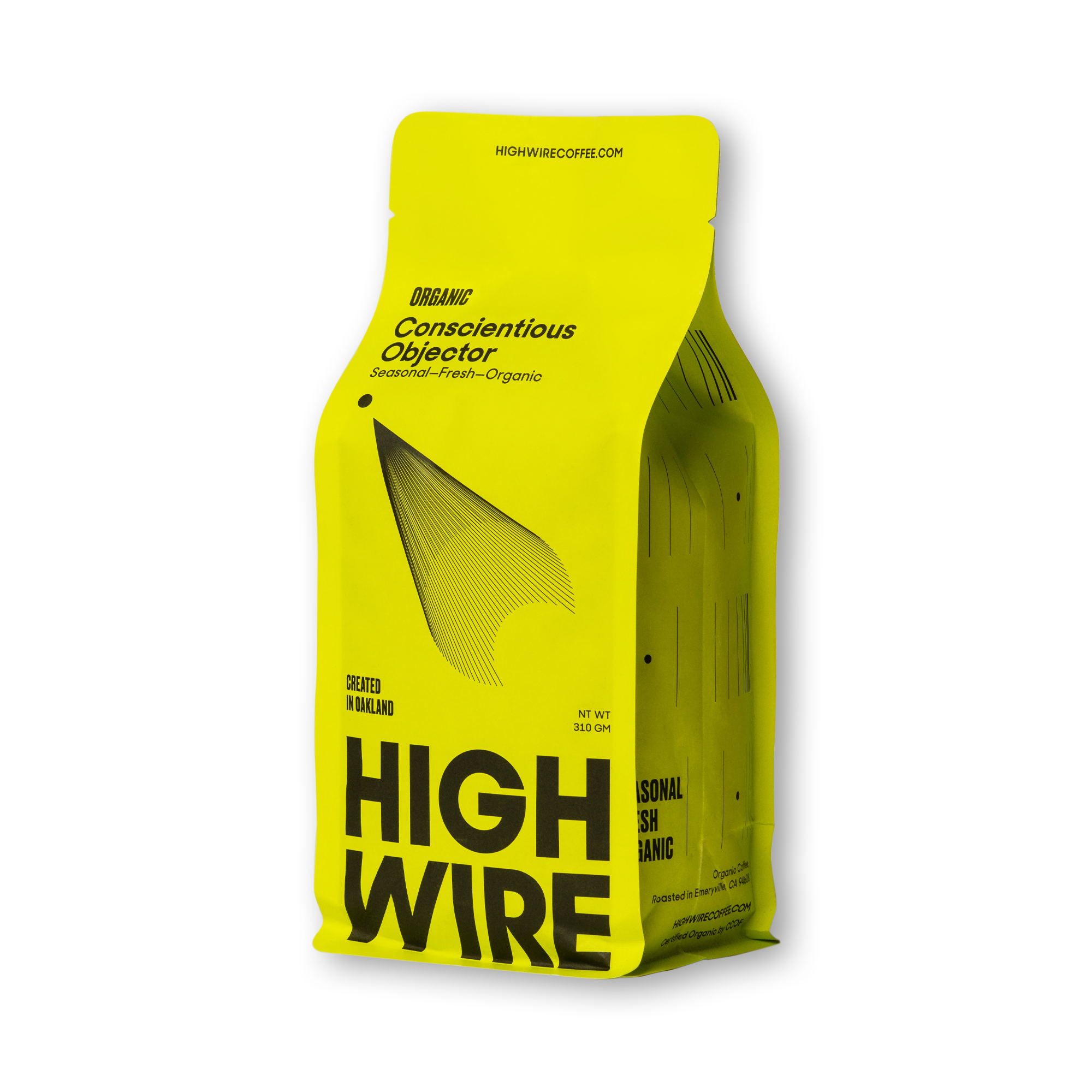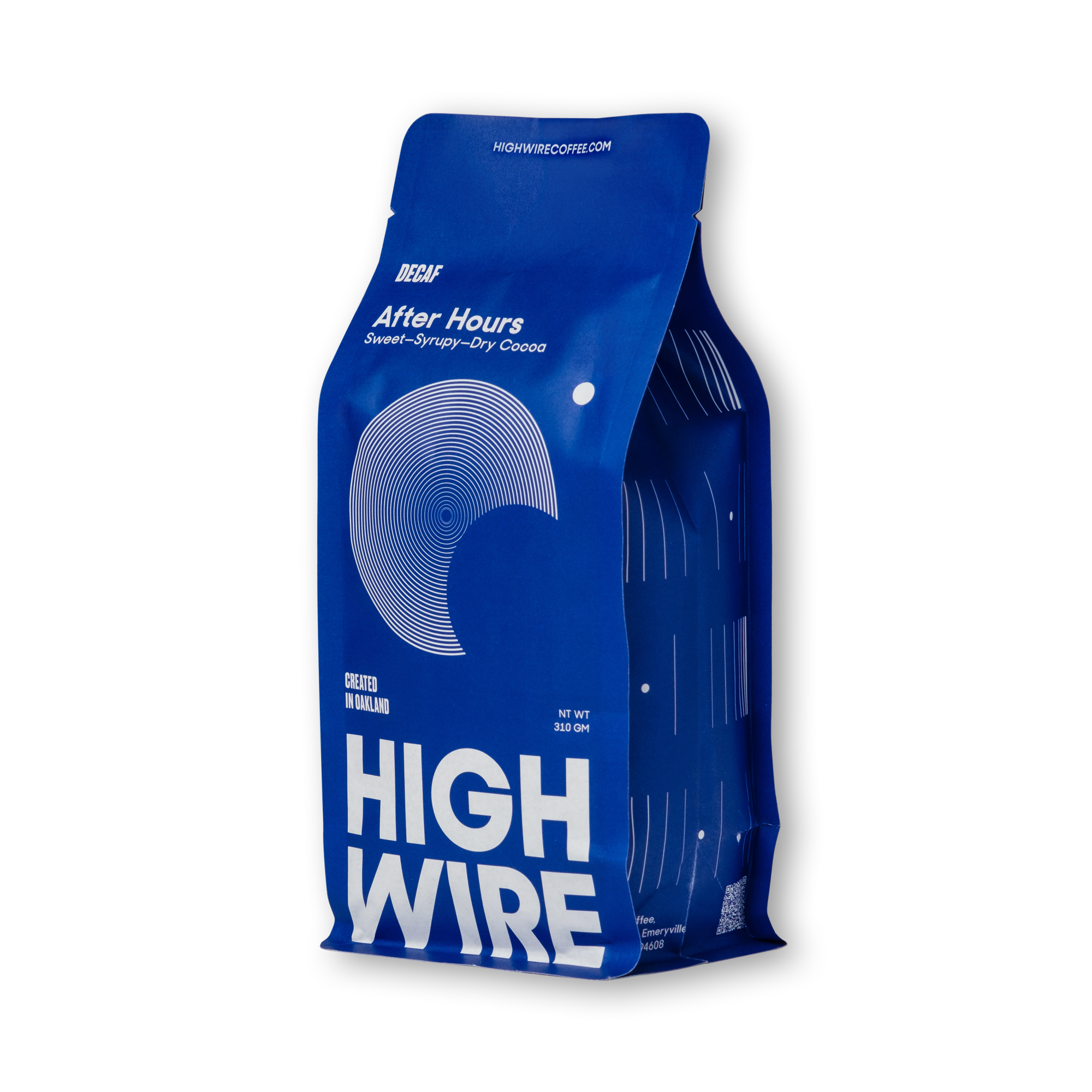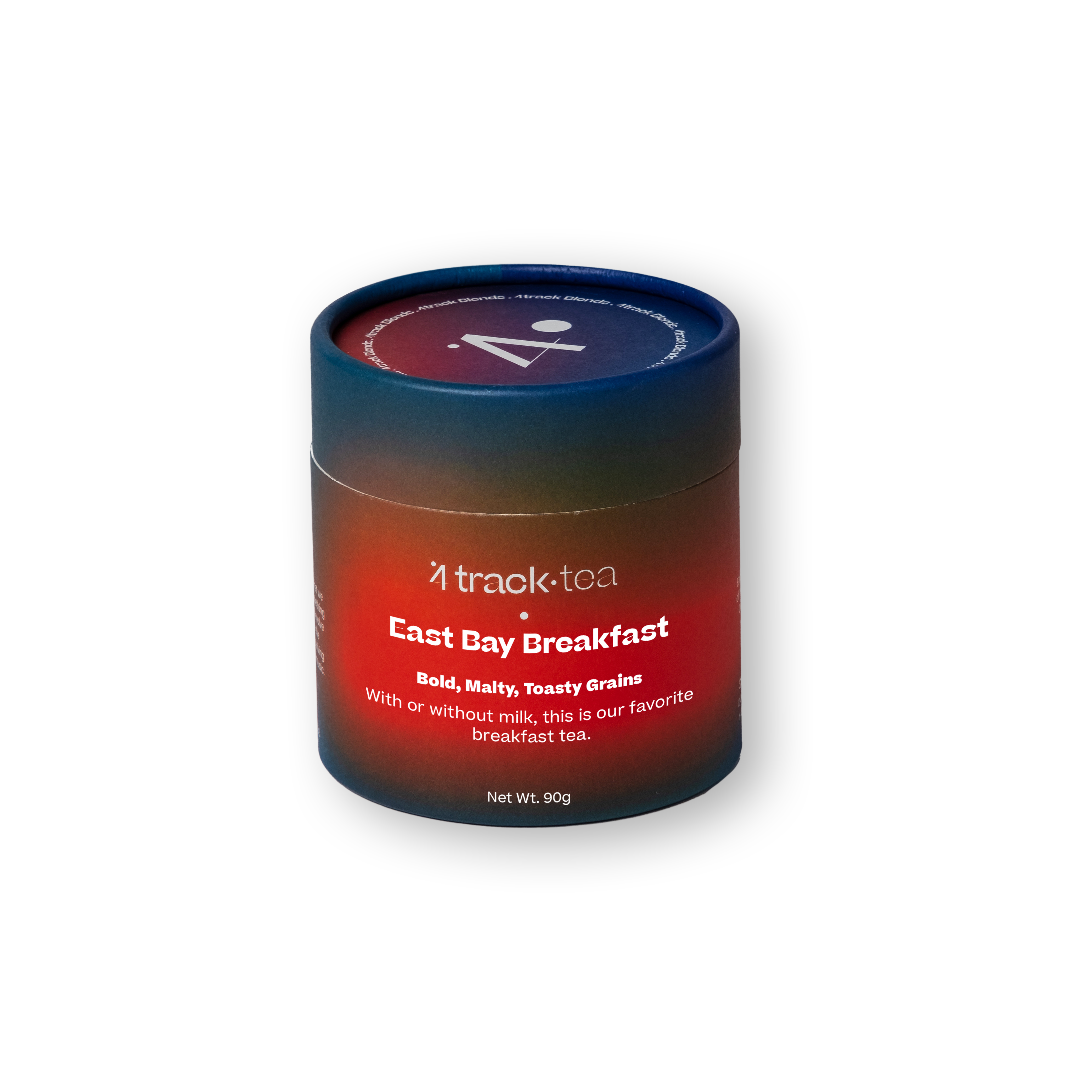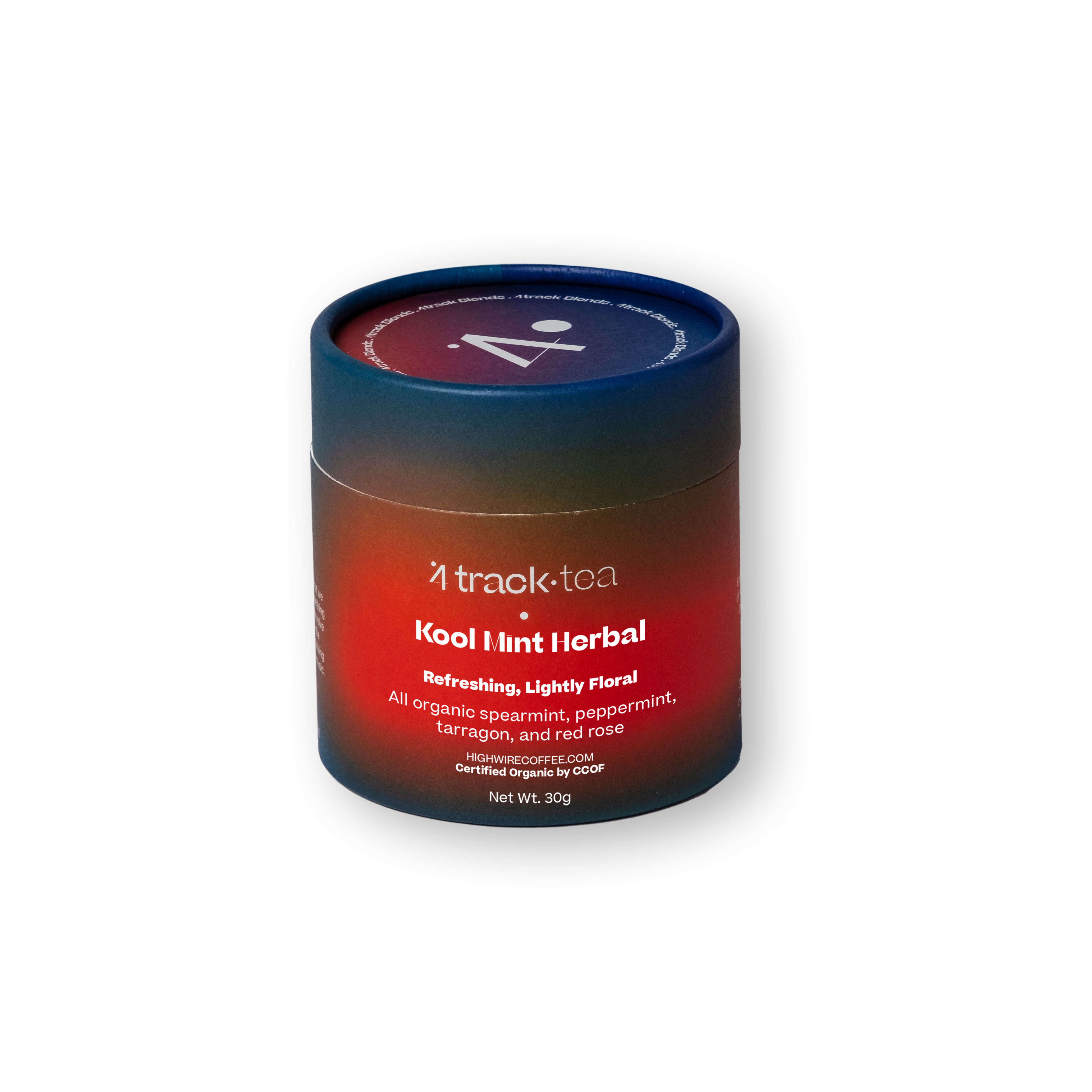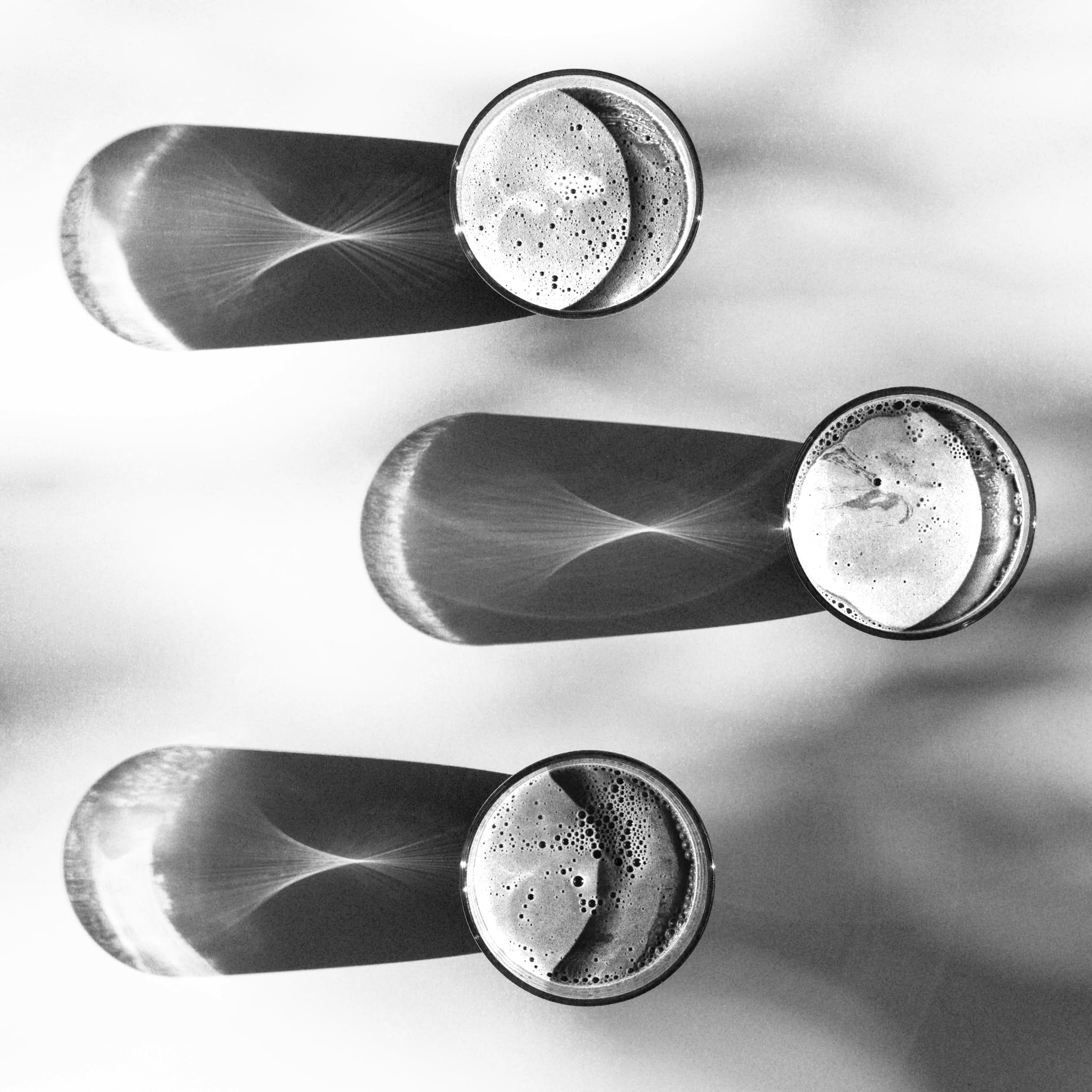Happy Sunday all,
We are rolling out a returning favorite from Rwanda this week. We first offered coffee from David Rubanzangabo's Huye Mountain washing station last year. I expressed interest to our supplier of this coffee late last year about getting more of this coffee to feature, and unfortunately it took even longer than last year for this coffee to actually arrive.
Re-reading what I wrote last year, I covered much of the history of how Mr. Rubanzangabo got his start and how we came to have this coffee. I"m just going to repost that here because I don't have a lot of new information on this coffee. So let's get in our time machine, and go back to mid-April of last year:

Rwanda is a tiny, tiny country. It's about the size of Maryland. But that tiny size doesn't account for the geography. Rwanda is known as The Land of 1000 Hills, and that's not a joke. Even the capitol city of Kigali is spread over very hilly terrain. Though never a massive producer of coffee, in the early 90s, the country was exporting more than 600000 bags of coffee, most of it relatively low quality because the terrain made transportation from farms to processing stations incredibly difficult. The 1994 Rwanda Genocide threw the country into upheaval and by volume, the coffee sector never completely recovered.
After the Genocide, money poured into the country to help with relief efforts. The coffee sector in particular was granted funds to try and rebuild the rural agricultural sector. This has translated into incredible opportunities for enterprising Rwandans like Epiphanie Mukashyaka of Bufcafe (coffee from her washing stations were a component in 2021's Celebration) and for people like David Rubanzangabo, who founded the Huye Mountain coffee washing station in 2011.
Mr. Rubanzangabo was an agronomist attached to two USAID programs called PEARL (Partnership for Enhancing Agriculture in Rwanda through Linkages) and SPREAD (Sustaining Partnerships to Enhance Rural Enterprise and Agribusiness Development), which were lead by an guy named Dr. Tim Schilling (Read more about these programs here.) These programs were essential to getting Rwanda coffee sector rebooted by training coffee producers and by building dozens of washing stations for coffees directly in the communities that they bought from.
In 2010, as the SPREAD program was wrapping up, Mr. Rubanzangabo started his own farm and washing station with a particular emphasis on quality, as he had spent the previous years proselytizing about coffee quality to producers in the SPREAD project. He started small, but quickly grew as nearby coffee producers (many of whom he had trained) started to bring him more and more coffee cherry. Over the years, production has grown and now Huye Mountains buys coffee cherry from over 1300 producers. It's mostly the coveted Bourbon variety and it's produced anywhere from 1600 to 2200 meters. Coffee from this area has all the potential to be amazing.

Pre-genocide coffee processing in Rwanda was mostly traditional natural coffee. A producer would pick coffee cherry, (ripe, un-ripe, whatever) and then place it on the ground or maybe on a tarp, to raisin and dry up. Once the fruit was dry, the coffee would be sold to a local buyer for a very low price. This method of low-intervention processing is still used in most coffee growing regions around the world, only it's usually sold domestically or as a sub-quality for export.
With PEARL and SPREAD, the focus was put on washing coffees and drying them on raised beds whenever possible. Now, as demand for high quality natural processed coffee has only gone up, natural processing is returning to Rwanda. Only instead of the traditional ground drying, ripe coffee cherry is slowly dried on raised beds, allowing for the coffee to be turned occasionally to keep the coffee fruit from rotting and tainting the flavor of the seeds

I've been buying coffee off and on since 2010. While I have had some excellent natural processed coffee in the time, it's rare that I've actually committed to buying them. Why? Well ... people tend to have a love it or hate it reaction to naturals. Good naturals can have explosive fruit character with plenty of acidity and sweetness. The craze around Idido Misty Valley in the mid-2000s was all about producing a clean, sweet natural coffee.
Detractors of natural processing will focus on the negative aspects that can pop up in poorly done naturals. Baby diapers is a popular flavor note. Rotten fruit is another. Poorly tended naturals will pick up flavors of over-done fermentation, including moldy, musty or vinegar notes. Natural coffees (like natural wine or dark roasting coffee) are easy to do, but incredibly hard to do well.
Whew! that was a quick trip back to 2022! With this year's offering, we're getting a different experience of the Huye Mountain compared to last year. There was more subtlety in last year's, where as what we will be serving this week will be unapologetically fruity. While not intentional, I do want to explore the flavor interests of our customers. There's enough structure and flavor in the coffee itself to balance out the bombastic fruitiness of the processing, but the strawberry aromatics become more of a bramble-berry in the cup. The finish is still creamy (we're specifically calling out boysenberry and buttercream) but there's a more of a dry-cocoa finish than I remember from before.
Different vintages will yield different results. I'm hoping you'll find this year's lot just as delicious as last year's!
The Huye Mountain Website

